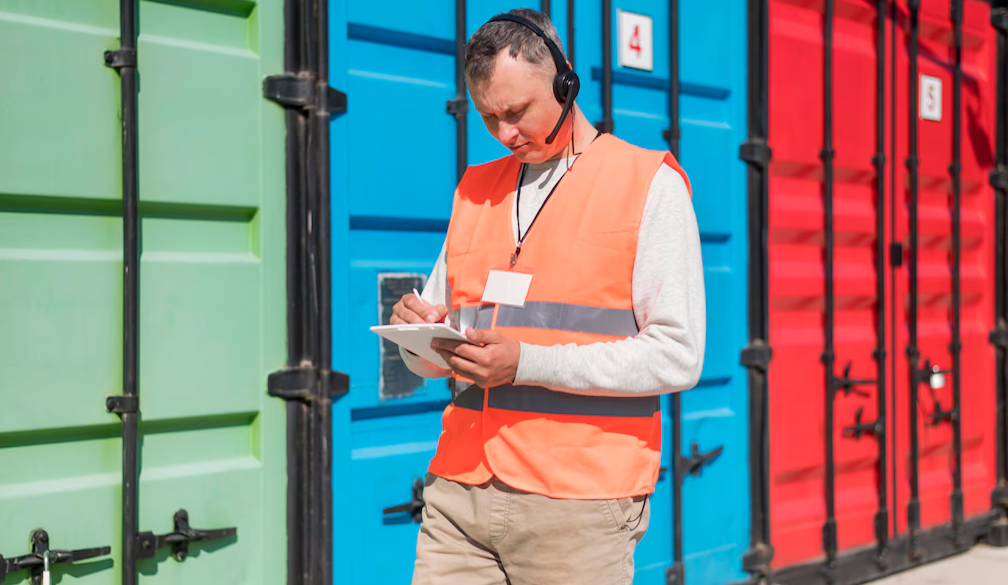Everything You Need to Know About Buying Containers in New Zealand

Shipping containers are no longer just used for transporting goods across oceans. In New Zealand, buying containers has become increasingly popular for a range of uses, from extra storage and pop-up cafes to tiny homes and mobile offices. Whether you're a business owner, builder, or private buyer, purchasing a container is a practical and often cost-effective solution. This guide covers everything you need to know about buying Containers New Zealand.
Why Buy a Shipping Container?
There are several reasons people in New Zealand choose to purchase containers:
- Versatility: Containers can be repurposed for just about anything—storage units, workshops, cafes, home offices, and even full-scale homes.
- Durability: Built to withstand extreme weather and harsh marine environments, containers offer robust protection for whatever is inside.
- Mobility: Containers can be relocated with relative ease, making them perfect for temporary setups or remote locations.
- Security: With lockable steel doors and reinforced walls, they offer a secure option for storage or transport.
Types of Containers Available
When buying a container, it’s important to know the various types available:
- Standard Dry Containers: These are the most commonly used containers for storage and transport. Sizes typically include 10ft, 20ft, and 40ft.
- High Cube Containers: Similar to standard containers but with extra height (usually an additional foot), providing more vertical space.
- Refrigerated Containers (Reefers): Designed to keep perishable goods cool or frozen, these are ideal for food businesses or transporting temperature-sensitive products.
- Open Top Containers: These containers have a removable top and are useful for transporting oversized items.
- Flat Rack Containers: Best for large machinery or vehicles, these containers have collapsible sides for easy loading and unloading.
New vs. Used Containers
Both new and used containers are widely available in New Zealand:
- New Containers: Often called “one-trip” containers, they’ve typically made a single journey from the manufacturing country and are in near-perfect condition. They’re more expensive but ideal for permanent installations or conversion into homes or retail spaces.
- Used Containers: These vary in condition and price. It’s essential to inspect them for rust, dents, and door seal integrity. Used containers are excellent for budget-conscious buyers or those using them for basic storage.
Things to Consider Before Buying
Before purchasing a container, consider the following factors:
- Purpose: Know exactly how you plan to use the container. This will influence the size, type, and condition you should go for.
- Access and Delivery: Can a truck deliver the container to your location? Do you have sufficient space and access for unloading?
- Modifications: If you need windows, doors, insulation, or electrical wiring, some suppliers offer modification services.
- Council Regulations: If you're using the container for residential or commercial purposes, check with your local council about any permits or zoning restrictions.
- Budget: New containers range from $4,000 to $10,000, depending on size and features. Used containers can start from $2,000 or less.
Where to Buy Containers in New Zealand
Several suppliers across New Zealand offer containers for sale:
- Specialist Container Retailers: Companies like SEA Containers NZ, NZBOX, and Royal Wolf have a wide selection of new and used containers.
- Online Marketplaces: Trade Me and other online platforms often list containers from private sellers or dealers.
- Direct from Shipping Companies: Some shipping lines sell off their older containers directly, often at competitive prices.
Maintenance and Longevity
Shipping containers are built to last, but proper maintenance can extend their lifespan:
- Keep them on a level, well-drained surface to avoid water pooling and rust.
- Regularly check and repaint any areas with chipped paint to prevent corrosion.
- Lubricate door hinges and check rubber seals for integrity.
Final Thoughts
Buying a container in New Zealand is a smart move for both individuals and businesses seeking practical, secure, and flexible space solutions. With a wide range of options and a booming market for container conversions, it’s never been easier to find the perfect container for your needs. Just make sure to consider your purpose, inspect before buying, and consult professionals if you're planning major modifications or using it as a dwelling.









